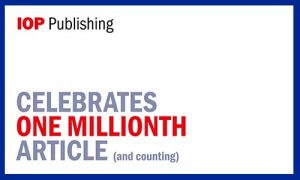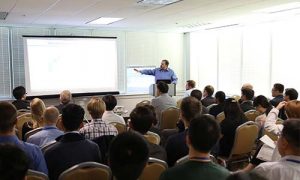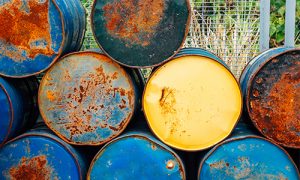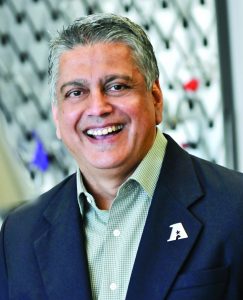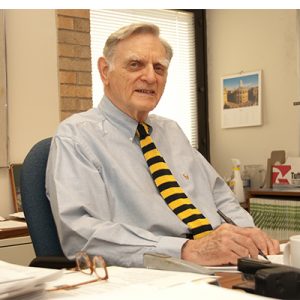 “Good enough” are just words in his last name, but not ones John B. Goodenough seems to live by. The 97-year-old, widely referred to as the “father of the lithium-ion batteries,” continues to awe the battery field. According to IEEE Spectrum, the 2019 Nobel Prize winner recently co-developed a rapid-charging, non-flammable, glass battery.
“Good enough” are just words in his last name, but not ones John B. Goodenough seems to live by. The 97-year-old, widely referred to as the “father of the lithium-ion batteries,” continues to awe the battery field. According to IEEE Spectrum, the 2019 Nobel Prize winner recently co-developed a rapid-charging, non-flammable, glass battery.
The high capacity battery charges in “minutes rather than hours,” according to Maria Helena Braga, professor of engineering at the University of Porto in Portugal, who worked with Goodenough to develop the solid state lithium rechargeable which uses a glass doped with alkali metals as the battery’s electrolyte. In addition, the solid state electrolyte is not flammable and preforms in both cold and hot weather. (more…)





